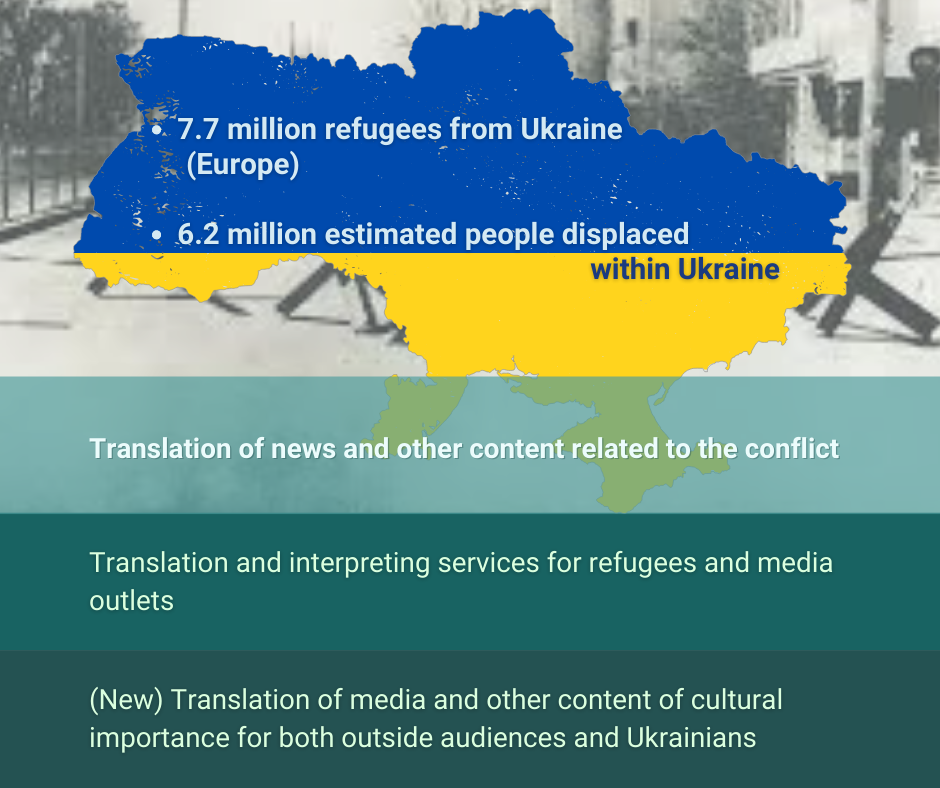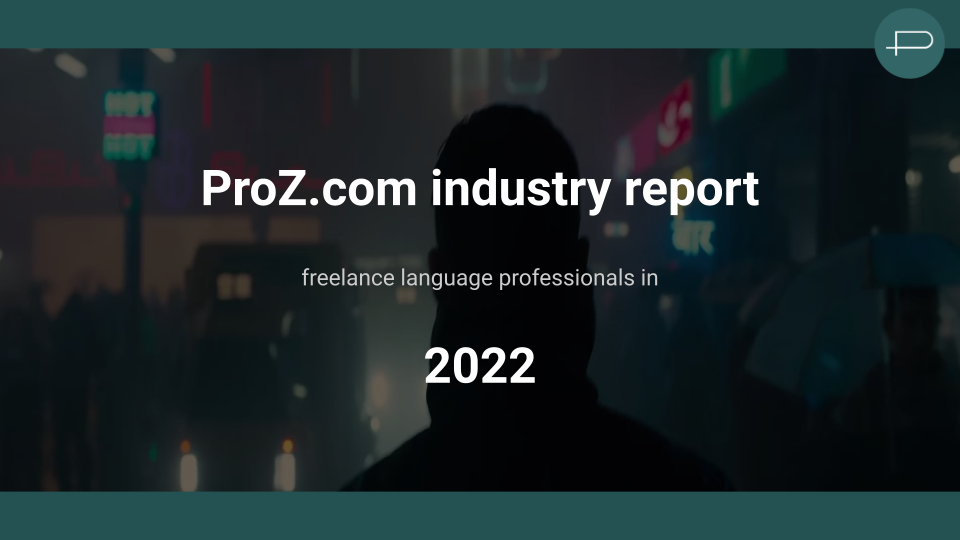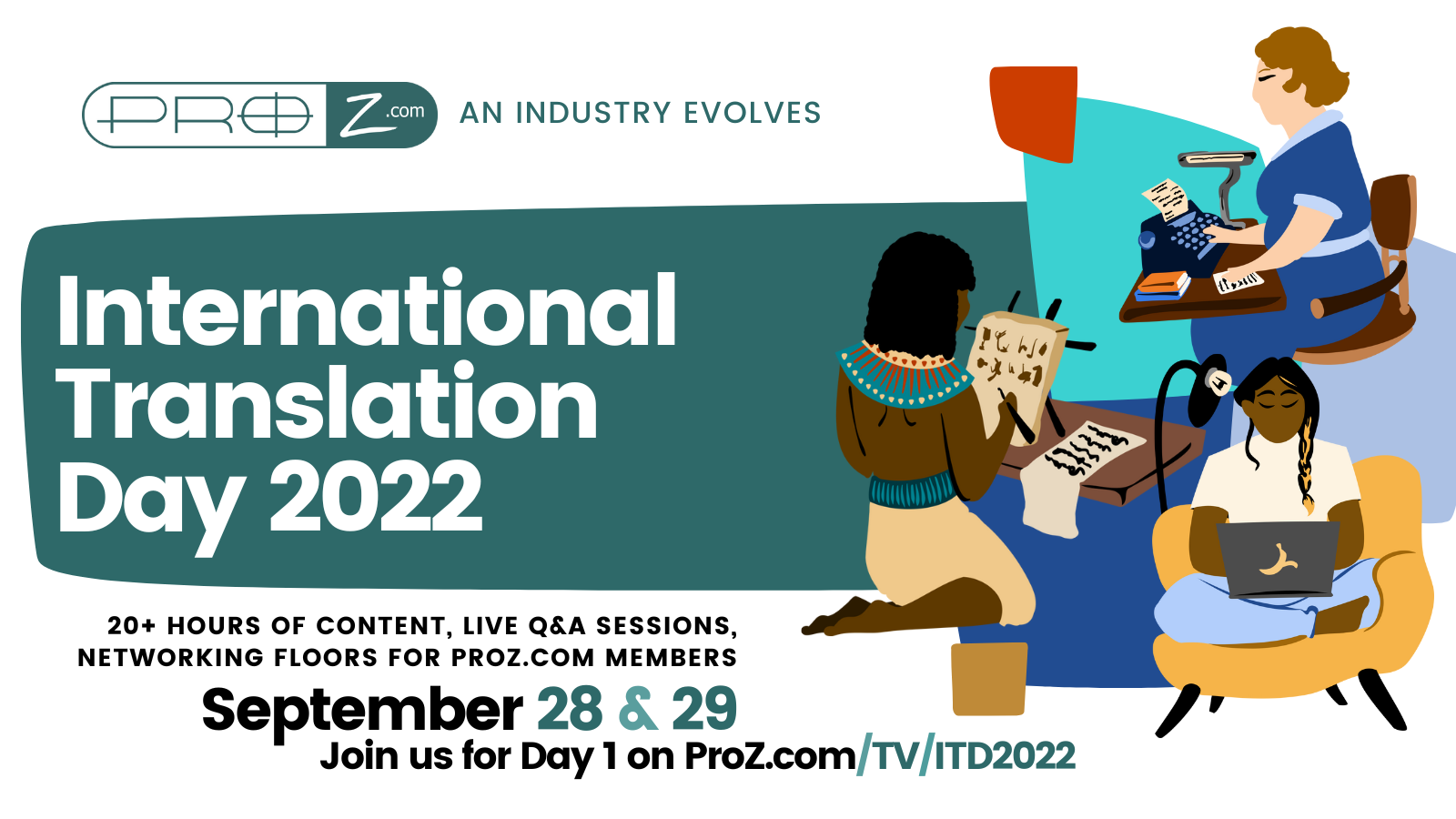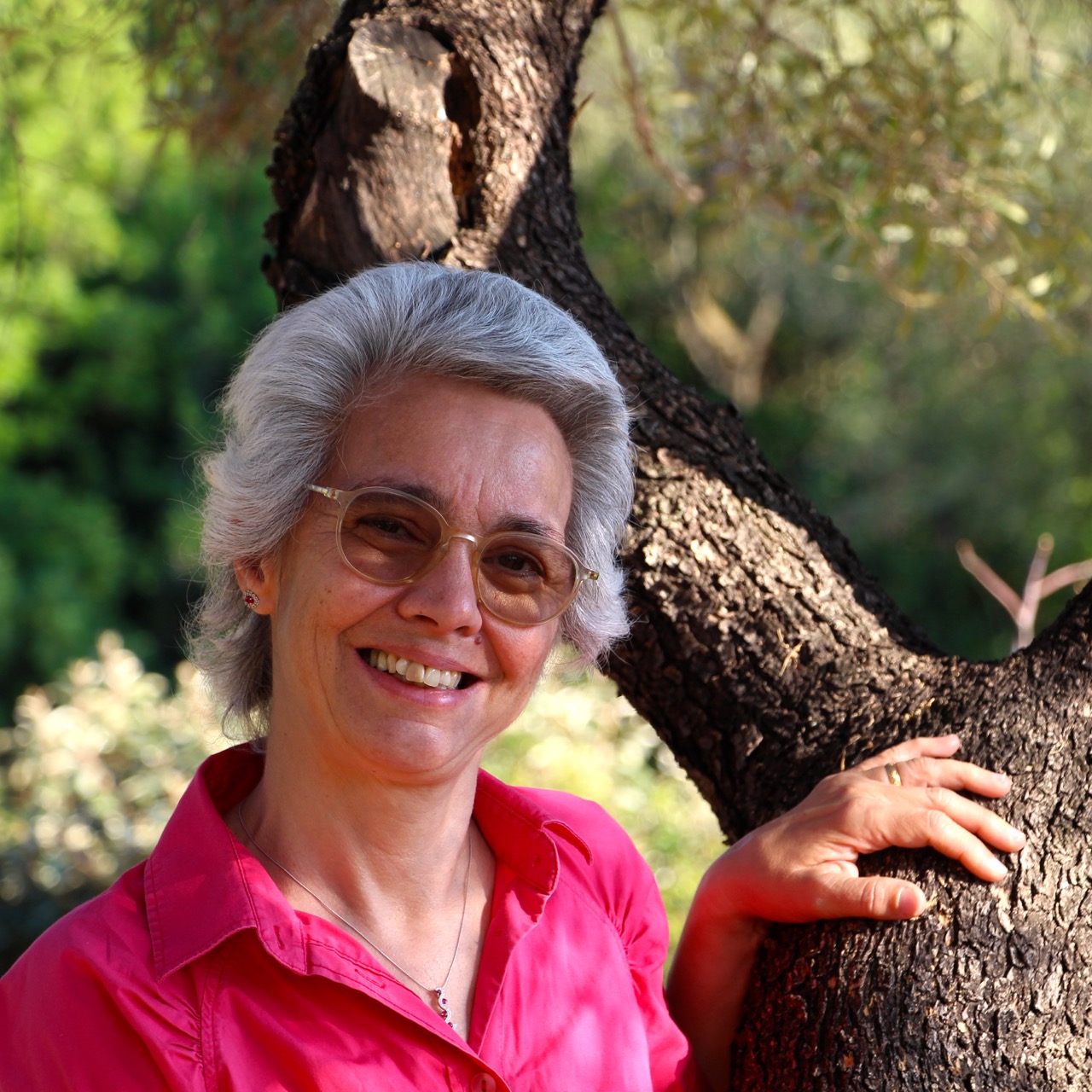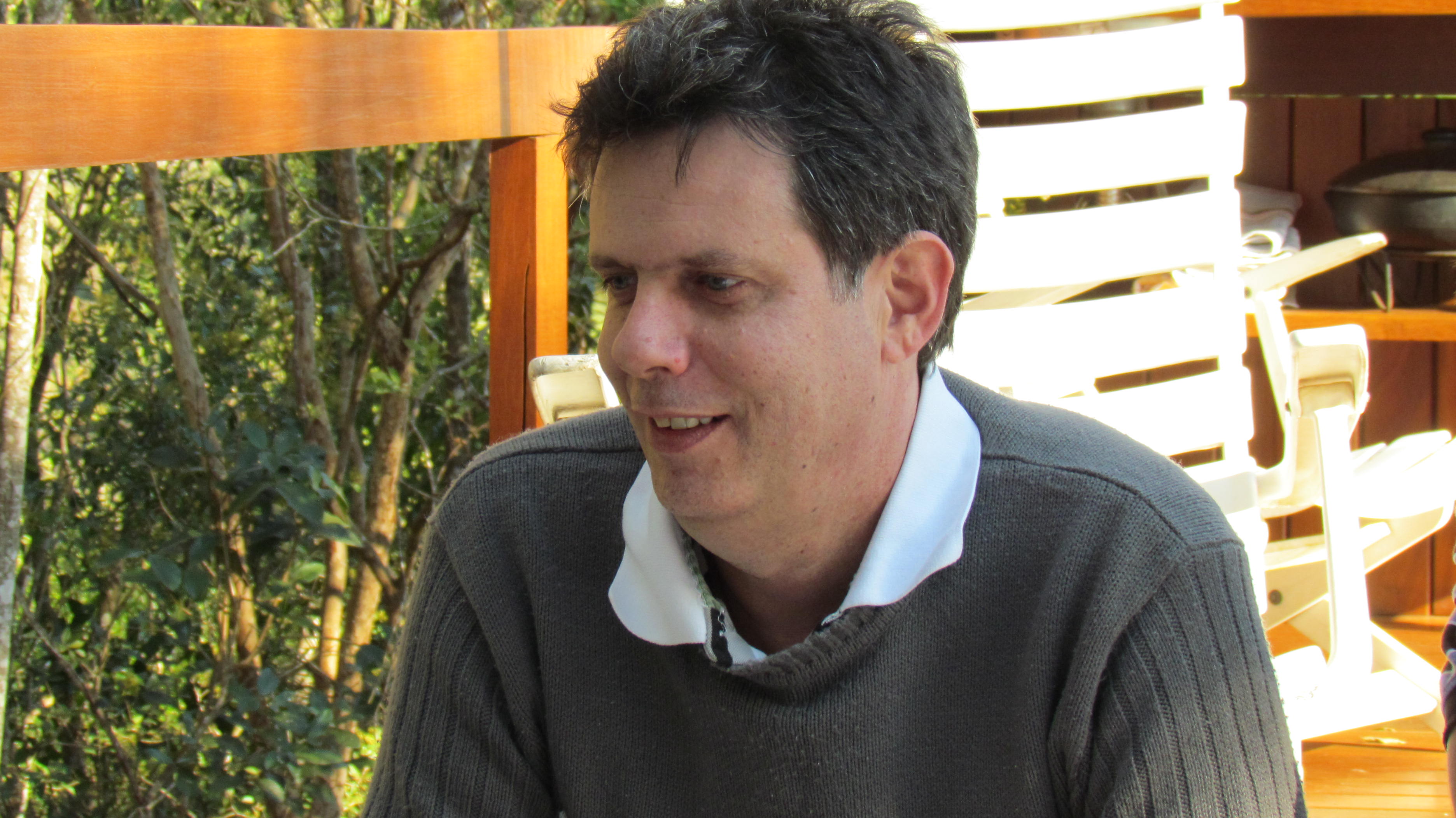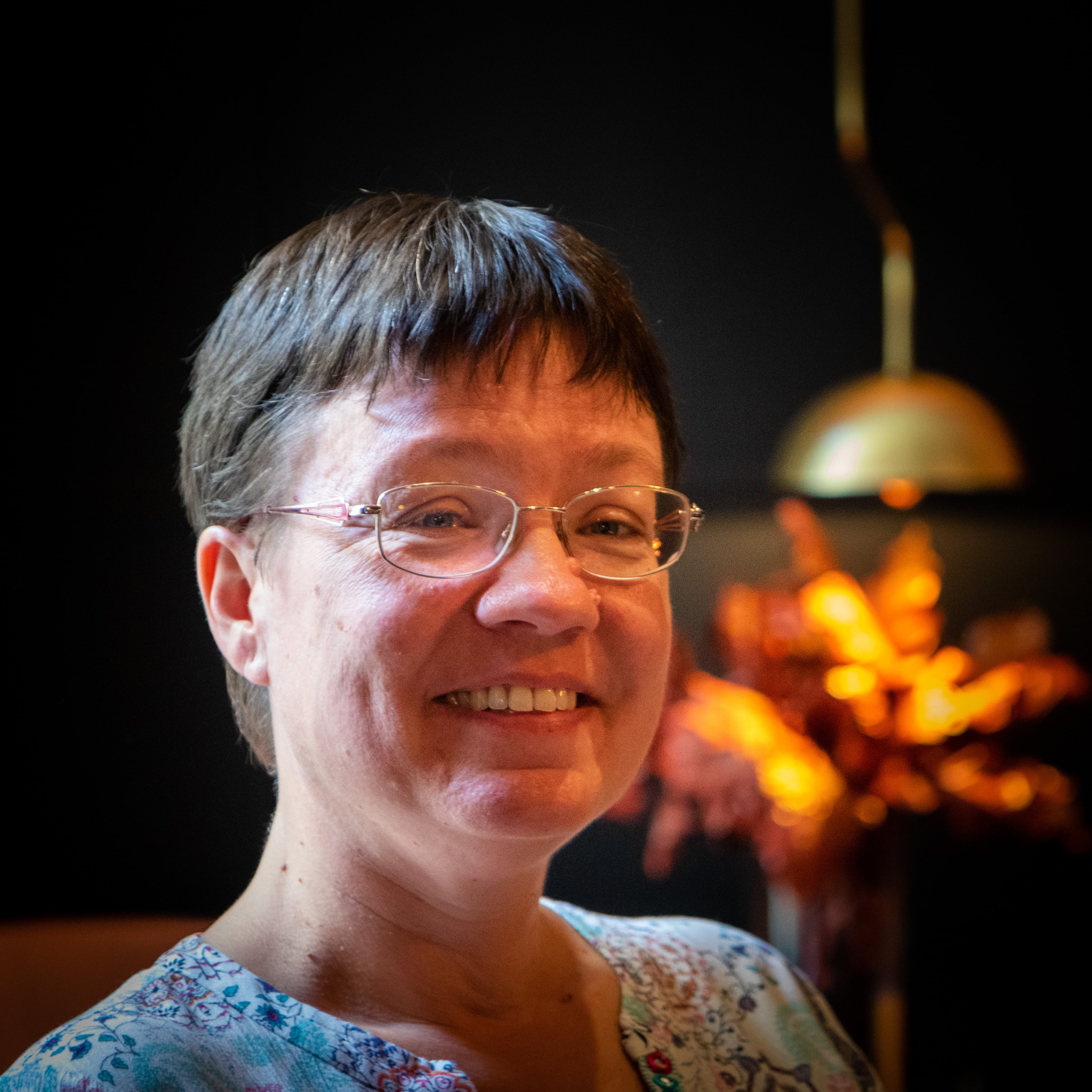-
Embracing MT and MTPE
-
Diversifying within the industry
-
Diversifying out of the industry
Trends in the language services industry: The need for experts on tech applied to language services
Trends in the language services industry: Machine translation, part 2
Actual post-editing work (MTPE)...
I'm training automated translation engines and I therefore know firsthand these need to be 'tweaked' to deliver proper suggestions.
I am used to post editing now more than ever, and that has been a significant contribution to the number of words I am able to translate per day.
Trends in the language services industry: Machine translation, part 1
Machine translation and post-editing. Won’t it just go away on its own?
-
MT applied by translators,
-
MT applied by clients or others who are not the translators, and
-
Actual machine translation post-editing (MTPE) work.
26 hours of interpreter training added to ProZ.com Plus membership
26 hours of interpreter training has been added to the basket of goods, services and resources available with the ProZ.com Plus membership subscription.
As discussed in this year's language services industry report, many interpreters are getting involved in translation. And even more translators are getting involved in interpreting.
In 2017, ProZ.com began, through its partnerships, providing direct paid work for those in the remote interpreting world. Support, project management, and payments are handled by the ProZ.com team in order to facilitate this work and to keep up the quality and consistency of the service provided. In 2022, the average earning from this single channel of work was 2,791 USD among those interpreters who were working. The ProZ.com team intends to increase that average while increasing the incoming work and the number of interpreters who are getting work.
Trends in the language services industry: Artificial intelligence
An interpreting contract was cancelled because AI was implemented to LIVE translate & subtitle a news show where I was working.
Trends in the language services industry: What, me worry?
What concerns freelance language professionals most at the moment?
Trends in the language services industry: general industry trends
The events we've looked at so far probably took most of us by surprise. General trends in the language services industry are much less surprising if you have been in the game for a while. We can say that some of these trends have been intensified over the past two years or so, but for the most part they were all pre-existing. In general, we can say that:
-
Content creation continues to grow exponentially,
-
Spending on language services will continue to increase,
-
More languages are being added to the demand in order to reach more people.
Trends in the language services industry: Global concerns, part three
The Great Resignation, The Big Firing, and Other Epic Names
Trends in the language services industry: Global concerns, part two
Trends in the language services industry: Global concerns, part one
The past two to three years have been, as many a corporate email would remind us during the COVID-19 pandemic, “challenging times.” A great many things changed from one day to the next, and now in 2022 we’re still figuring out what some of this means for our work and our lives moving forward. What does this look like to freelance professionals in the language services industry? This report will take a look at both global and industry-specific challenges and opportunities that have presented themselves since the last report, and how freelance language professionals are dealing with those challenges and taking advantage of those opportunities.
International Translation Day 2022 live video event features 34 free presentations and 2 members-only networking events
Join the ProZ.com community in celebrating International Translation Day with two full days of online sessions, panel discussions, live interactions and more. Each day, the events will include a remote networking session in the final hour.
Read MoreFace to Face with Patricia Ferreira
All our lives are marked by milestones which appear clear in only retrospect. Each time we make major decisions or react to unexpected circumstances, we never really know what lies ahead. But looking back, we see how each key event – whether welcome or unwelcome –played a part in making us into the person we are today. A chance meeting, an unplanned travel experience, a divorce, a disease – all emerge along the journey as seemingly random events, and it’s only later that we recognise them as real turning points. That is certainly true of English and French into Italian and Spanish translator Patricia Ferreira, whose life and travels have taken her far from home, given her a varied career in languages, and culminated in an inspiring triumph over adversity.
Read MoreFace to Face with Mario Freitas
Many translators speak of how their final career choice was somehow the result of an action or decision by one or both of their parents, but few trace the journey back two generations to a grandparent. However, that’s exactly the case with long-term ProZ member Mario Freitas, whose grandfather – even though he wasn’t a career diplomat – served as Brazilian ambassador to El Salvador, Honduras, and Lebanon. It was in Beirut that Mario’s parents met – his father was of course Brazilian, and his mother Lebanese – and it was precisely because of that cosmopolitan experience that his father later placed Mario in an American school in their hometown of Belo Horizonte.
Read MoreFace to Face with Elisabeth Fuchs
While some translators had jet-setting parents who carted their kids with them across the globe, complete with international schooling, and others grew up amid several languages, surrounded by grandmothers or uncles muttering away in exotic tongues, Élisabeth Fuchs begins her interview by saying “My background’s not very interesting.” Ah, but appearances deceive. It may be true that she has lived her entire life in a 200-km radius, and that the most adventurous move was from Lorraine, in the northeast of France, to Alsace in the…er…northeast of France, when she was still a young child. But when you zoom in and look at the detail, every human story, every background, has its fascination, and Élisabeth’s is no exception.
Read MoreFace to Face with Tvrtko Štuka
Imagine growing up in one country and enjoying your late adolescence and adult life in another – but without ever leaving your home town. Such was the experience of Tvrtko Štuka, who was born in Zagreb, in what was then Yugoslavia, although the city is now of course the capital of Croatia.
Read More



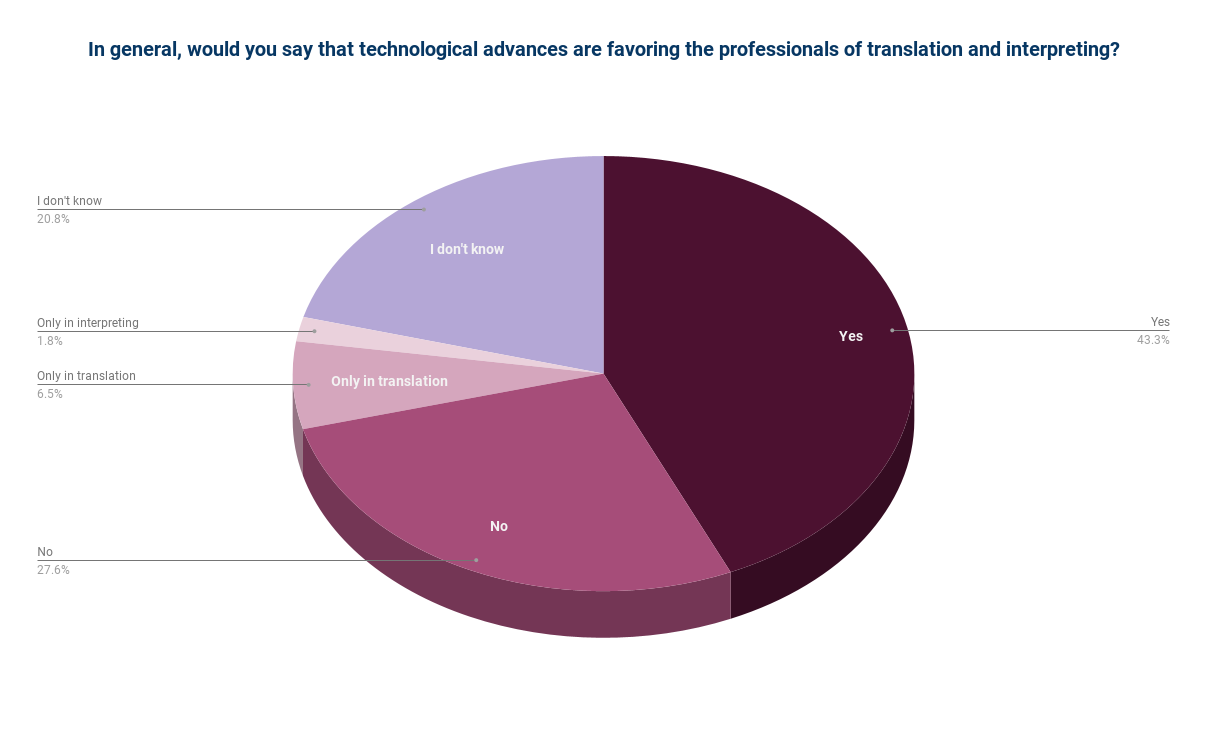


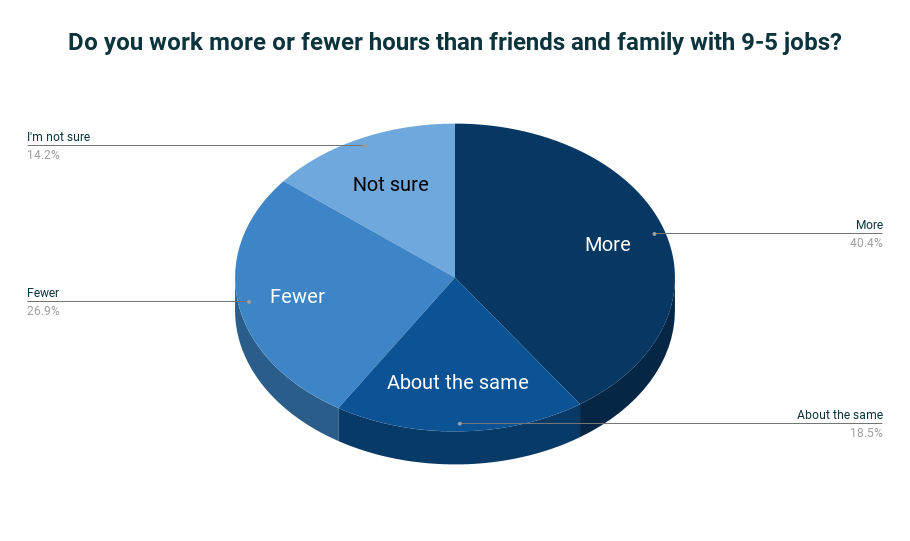
.png)

